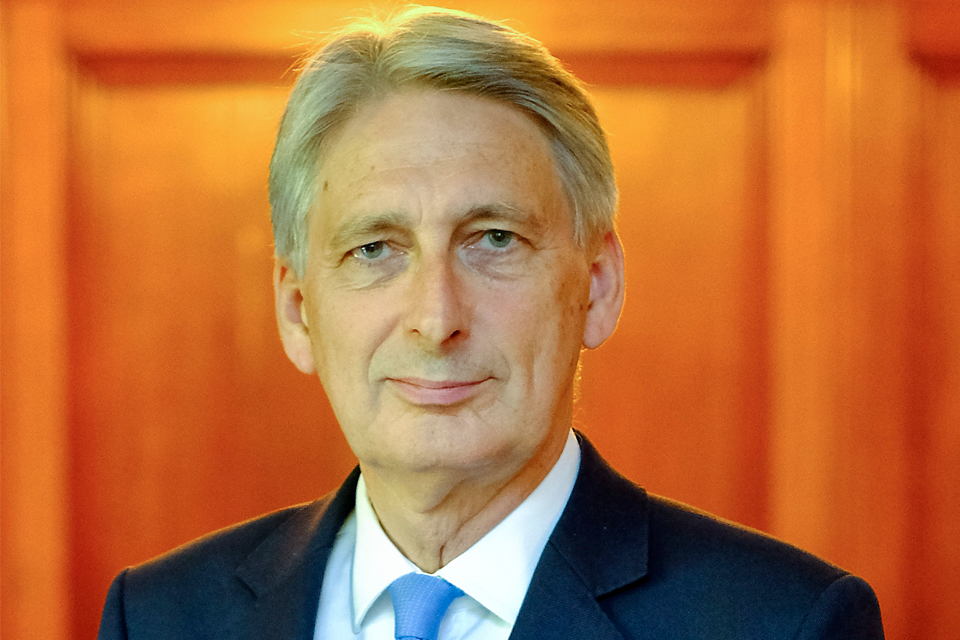High speed rail: 28 February 2011
Written statement by the Rt Hon Philip Hammond MP, Secretary of State for Transport.

Today, I am launching the consultation on the government’s proposals for a national high speed rail network.
‘High speed rail: investing in Britain’s future’ sets out the government’s case for this network, the details of the government’s strategy, and the proposed route for an initial phase from London to the West Midlands. It will be one of the most extensive national consultations ever undertaken.
I believe that a national high speed rail network from London to Birmingham, with onward legs to Leeds and Manchester, could transform Britain’s competitiveness as profoundly as the coming of the railways in the 19th century. It would reshape Britain’s economic geography, helping bridge the north-south divide though massive improvements in journey times and better connections between cities - slashing almost an hour off the trip from London to Manchester.
But the proposed high speed rail network would do more: it would address Britain’s future transport capacity challenge - providing a huge uplift in long distance capacity and relieving pressure on overstretched conventional lines. It would bring around £44 billion of net monetised benefits and support the creation of thousands of new jobs, as well as delivering unquantifiable strategic benefits. And it would help us to build a sustainable economy - by encouraging millions of people out of cars and off planes onto trains. Our competitors already recognise the huge benefits of high speed rail and are pressing ahead with ambitious plans. Britain cannot afford to be left behind.
The government’s support for high speed rail was set out clearly in its programme for government, published in May last year. Since then, we have built upon the work already done by HS2 Ltd to consider the case for high speed rail in the UK. Last October’s spending review settlement reaffirmed our support and provided over £750 million to fund the development of our national network proposals over the next 4 years.
Since then, government has received additional advice from HS2 Ltd on options for a national high speed rail network and on direct links to Heathrow and the High Speed 1 (HS1) line to the Channel Tunnel.
The government understands the concerns of those living near the proposed route. Following a series of visits I made along the proposed London to West Midlands line, we have altered around half the original route - significantly reducing the potential local environmental impacts.
In the Chilterns area of outstanding natural beauty, all but 1.2 miles would be in tunnel, cutting, or close to the A413 road corridor. Since HS2 Ltd’s original report to government was published in March 2010, the number of properties where high noise levels would be expected to be experienced has fallen from 350 to around 10.
In December 2010, I set out our proposed high speed rail strategy, our preferred route and our approach to delivering a wider high speed network.
However, we recognise that decisions should not be taken on a major infrastructure project of this scale until all those with an interest have had their say. So this consultation - which will run until 29 July - seeks views on: the case for high speed rail; our strategy for a national high speed network; the proposed route for an initial line from London to the West Midlands; and our options for providing assistance to those who are detrimentally affected by any new line. Responses can be submitted through the HS2 consultation website, or sent to a freepost address.
Copies of the consultation document have been placed in the Library of the House and are available on the Department for Transport website. I am also publishing a number of more detailed supporting documents, including a detailed economic case, a full appraisal of sustainability and a route engineering report.
My department will be conducting a series of regional seminars to inform the strategic debate, together with a series of roadshows along the line of the proposed London to West Midlands route. These will give people the chance to discuss our plans and the specific local impacts and mitigation proposals with the engineers and other specialists working on the project.
This is a once in a generation infrastructure investment that would have a transformational effect on Britain’s economy. Civic leaders of all political persuasions and business leaders from all parts of the United Kingdom support it. I urge all Hon. Members with an interest to encourage their constituents to participate in the consultation. I will announce the outcome of this consultation process and the government’s decisions on its strategy for high speed rail before the end of 2011.